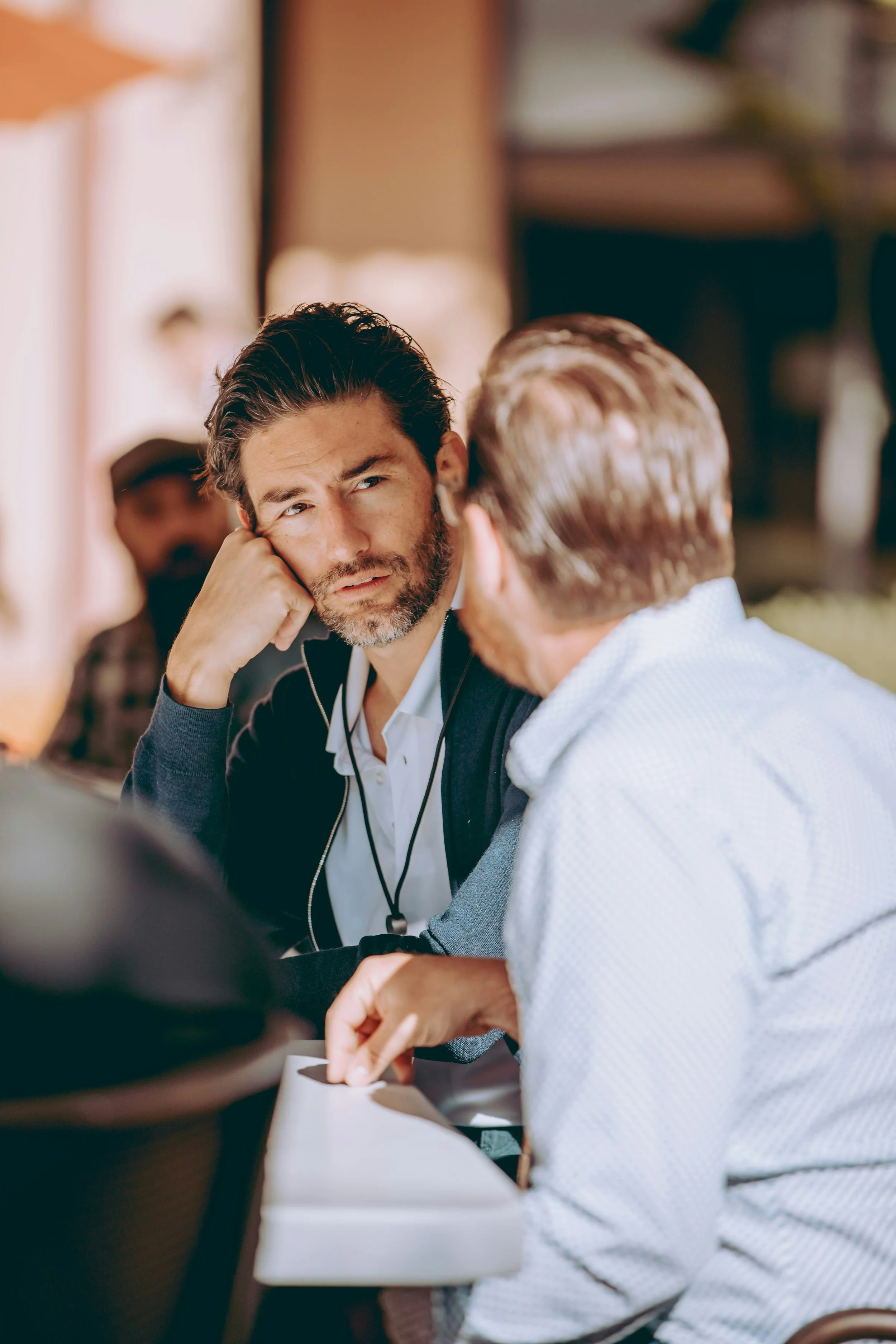Flakey pie crust bakes in the oven and the aroma of cheese and tarragon wafts around me as I sit in my kitchen nook at sunset. Since childhood, the veggie pot pie has been one of my favorite dishes. I am instantly comforted whenever I smell it cooking in the oven. When I’m feeling under the weather, I find comfort in nostalgic smells.
I finally got COVID. After being quite cautious during the last 2.5 years of the pandemic, I was frustrated to ultimately get COVID simply from going about my everyday routine. When I get acutely sick, I tend to go through rapid stages of the grief cycle.*
First, I tend to go into an initial denial phase and tell myself, "oh, I am just tired," and then push forward with my responsibilities at home and with my virtual work.
Second, I get angry and think, "Oh, no. I might be sick. How could I let myself get sick at a time like this?!"
And after the anger subsides, the bargaining comes: "If I can get better super quick…like in the next day…I promise I will do more meditation and yoga, improve my sleep and reduce my stress level so that I don't get sick again."
Then comes the depression when the symptoms quicken, as I mope in bed and think, "Life is terrible. I am unhappy. What am I doing with my life? How did I get here? I don't care about anything anymore. I am so unmotivated. Am I depressed? Have I been depressed for months and not realized it? Nothing brings me joy anymore." Walking my dog and smiling with my latte just a few days prior now feel like a distant memory. The depression phase tends to be the longest as I lay in bed, and it feels like I have been this down and having these low thoughts for years.
I must decide during the depression phase to move into acceptance. The decision is to recognize that this pain and discomfort are temporary and that suffering and the depressive state are optional. I start to recall monks who meditate with discomfort and pain in the heat on top of a mountain. The sun will move from the hill, the day will cool, and the sweat will subside. Everything is temporary.
As time passes, I start to move into greater acceptance.
Here are five tips that helped me move forward from depression to acceptance to coping with acute illness, and eventually renewed joy:














